Apr 12, 2024
Author:Jackson Watson
Are you tired of your furry friend scarfing down their meals in mere seconds, only to suffer from digestion issues or beg for more food soon after? If so, it might be time to consider investing in a pet slow feeder. These innovative feeding solutions offer a myriad of benefits for both you and your beloved pet. Let’s delve into the top 8 advantages of incorporating a pet slow feeder into your furry companion’s mealtime routine.
With the growing concern over pet obesity, feeding habits have come under scrutiny. Fast eating can lead to a range of health issues, from digestive problems to obesity. Cat slow feeders offer a solution by encouraging pets to eat at a more measured pace, promoting better digestion and overall health. Let's dive into the reasons why you should switch to a slow feeder.
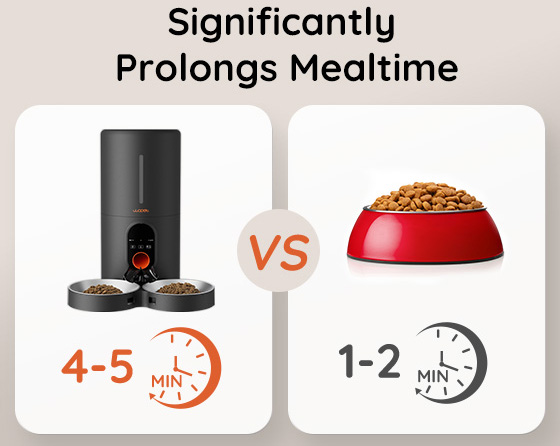
Slow feeding isn't just about pacing your pet's mealtime; it's also about enhancing their digestion. By slowing down their eating, slow feeders allow pets to chew their food more thoroughly, which aids in digestion. This is particularly beneficial for pets prone to gastrointestinal issues, as it reduces the likelihood of digestive upset and discomfort.
Maintaining a healthy weight is crucial for your pet's well-being, yet many struggle with overeating. Slow feeders act as portion control devices, helping regulate food intake and prevent overconsumption. By slowing down the eating process, they give pets the chance to recognize when they're full, reducing the risk of obesity and its associated health problems.
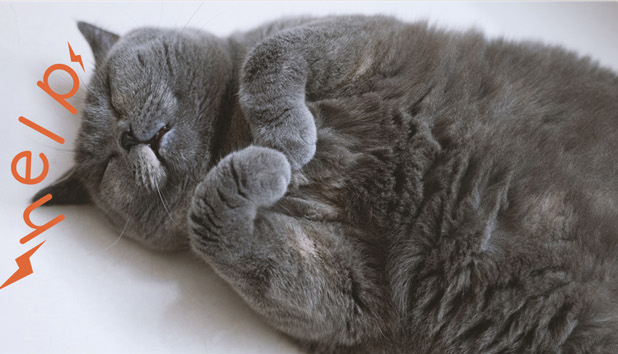
Mealtime shouldn't just be about nourishment; it should also provide mental stimulation for your pet. Slow feeders accomplish this by mimicking natural foraging behavior, engaging your pet's mind as they work to extract their food from the intricate designs of the feeder. This mental challenge adds an extra layer of enrichment to mealtime, keeping your pet engaged and satisfied.
The dangers of fast eating in pets cannot be overstated. Rapid consumption increases the risk of choking, gagging, and even life-threatening conditions like bloat. Automatic slow feeders promote safer eating habits by forcing pets to take their time and chew their food thoroughly, reducing the likelihood of these dangerous incidents.
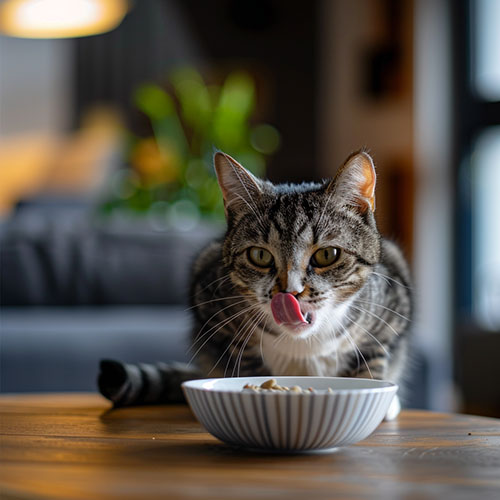
In multi-pet households, mealtime can sometimes become a battleground, with pets vying for control over food resources. Slow feeders help alleviate food aggression by encouraging each pet to focus on their own meal, rather than competing with others. By providing a structured eating environment, the feeders promote harmony and reduce tension during feeding times.
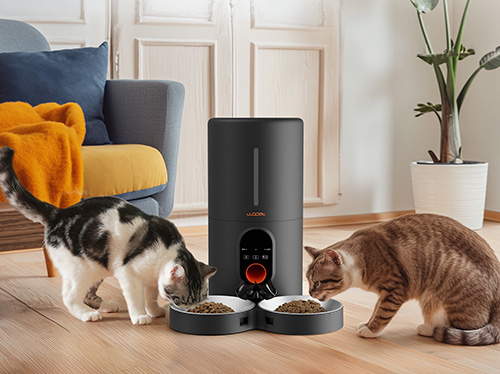
Who said mealtime has to be mundane? Slow feeders turn feeding time into a fun and interactive experience for your pet. Watching them navigate the twists and turns of the feeder to access their food can be both entertaining and rewarding. Many pet owners report an increase in their pet's enjoyment of mealtime after making the switch to a slow feeder.
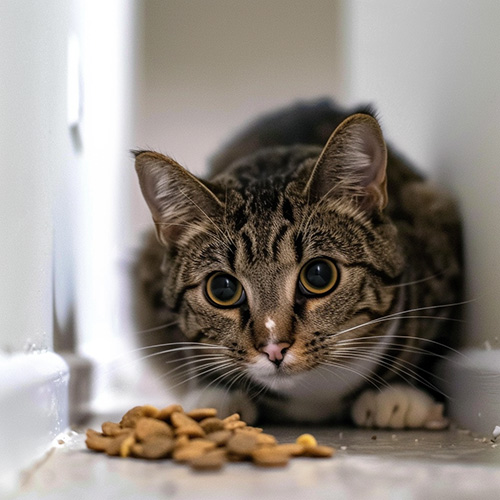
Dental health is a crucial aspect of your pet's overall well-being, yet it's often overlooked. Slow feeder for cats promote better dental health by encouraging pets to chew their food thoroughly, which can help prevent tartar buildup and gum disease. By incorporating dental care into mealtime, slow feeders contribute to your pet's long-term oral health.
For some pets, mealtime can be a source of anxiety, particularly if they feel rushed or overwhelmed. Slow feeders provide a calming activity that can help reduce mealtime anxiety. By focusing their attention on the task of extracting food from the feeder, pets can relax and enjoy their meals without feeling stressed or anxious.
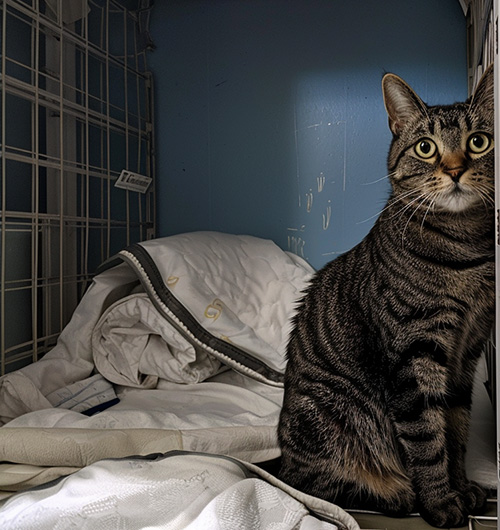
Whether you're looking to promote better digestion, manage their weight, or simply add some excitement to mealtime, slow feeders offer a range of benefits that can make a real difference in your pet's life. So why wait? Take the first step towards a healthier, happier pet by investing in a slow feeder today.
Popular Post

What to Feed a Sick Dog With No Appetite? [2025 Guide]
May 16, 2023
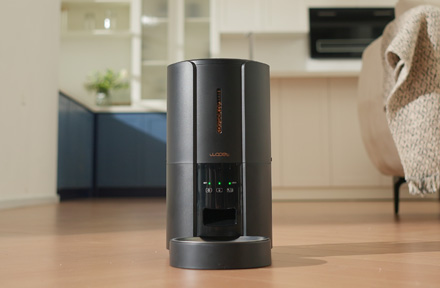
Troubleshooting Common Issues with Automatic Pet Feeders: Tips & Tricks for Pet Owners
Oct 26, 2023

Why Does My Cat Cough After Drinking Water? 8 Potential Reasons
Mar 13, 2023
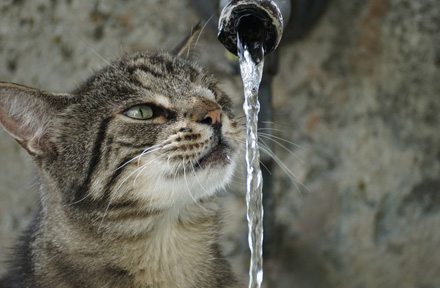
Why is My Cat Throwing up Water? Top 5 Causes Here
Feb 08, 2023
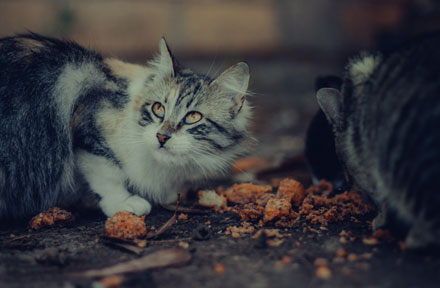
My Cat Only Eats A Little at A Time - What to Do?
Feb 27, 2023
$99.99
$129.99
Copyright © 2025 WOPET. All Rights Reserved.